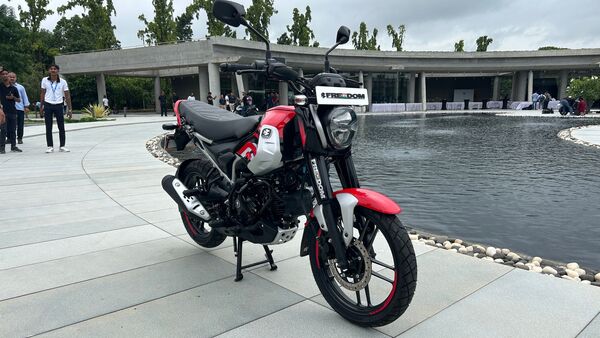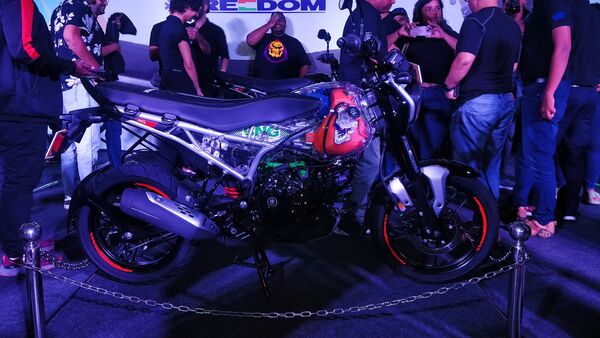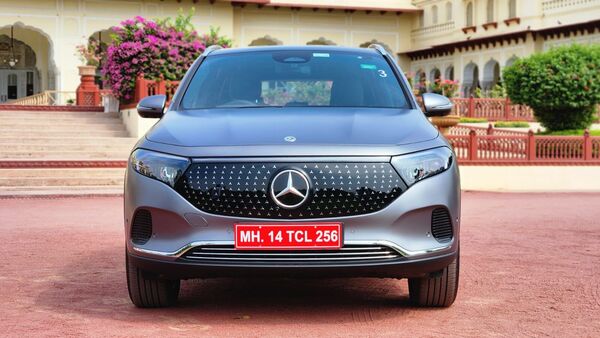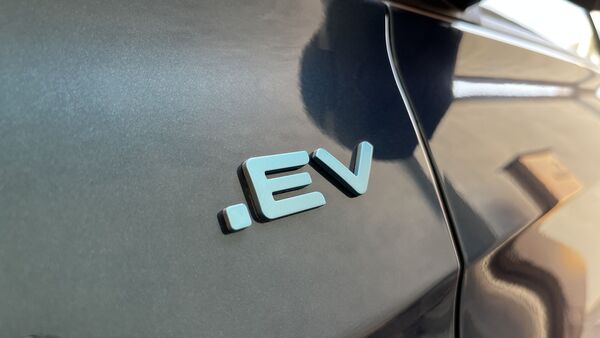
Electric vehicles go local, Tier 2 and 3 cities fuel India's EV growth
2 days ago | 18 Views
Electric vehicles (EVs) are experiencing a boom in India, but the growth isn't evenly distributed. While major metropolises have been the initial driving force, a new trend is emerging: Tier 2 cities are poised to become the next big battleground for EV adoption.
This shift is highlighted in a recent report by BloombergNEF (BNEF), a strategic research provider. Their analysis of electric two-wheeler and car sales across 207 cities in 10 Indian states reveals some surprising findings.
Tier 2 cities outpacing metros in electric two-wheeler sales
One key takeaway is the surge in electric two-wheeler sales in some Tier 2 markets. These cities have even surpassed their metropolitan counterparts in EV adoption for this segment. The report doesn't specify which specific models are leading the charge, but it suggests a growing preference for electric alternatives among two-wheeler users in these smaller cities.
Interestingly, within Tier 2 cities themselves, the picture is a bit different for electric cars. Here, state capitals seem to be spearheading the growth. This could be due to factors like higher disposable income and better infrastructure compared to other Tier 2 cities. Cities like Jaipur, Lucknow, Thiruvananthapuram, and Gurugram are all witnessing significant growth in electric car sales.
Meanwhile, the report attributes the strong EV adoption in wealthier Tier 1 cities to several factors. A young demographic with disposable income is a key driver. Additionally, the expanding presence of electric taxi services and the increasing availability of EV models are fueling demand.
Tier 2 Cities: Lack of ride-hailing infra, but steady private sales
Tier 2 cities haven't yet seen a robust electric ride-hailing market, unlike their Tier 1 counterparts. This suggests that EV sales in these smaller cities are driven primarily by private ownership. Interestingly, the report also highlights that most private electric cars purchased in 2023 weren't supported by upfront price subsidies. This indicates a growing organic demand for EVs, independent of government incentives.
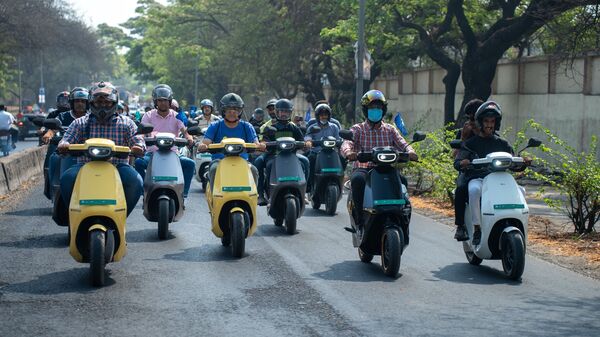
Furthermore,the good news doesn't stop at Tier 2 cities. The report reveals even faster annual growth rates for high-speed electric two-wheeler sales in Tier 2 and Tier 3 cities compared to Tier 1. This suggests a significant shift in consumer preference towards electric alternatives across a wider range of Indian cities. In fact, cities like Surat, Jaipur, Nagpur, Kolhapur, and Indore are all witnessing a surge in electric two-wheeler adoption.
Financial support crucial for tier 3 cities
While Tier 2 cities seem poised for continued growth in the electric two-wheeler market, Tier 3 cities might require additional support to achieve similar levels of adoption. The report suggests that demand-side policies, especially financial subsidies, could play a crucial role in promoting EVs in these cities. This is particularly important until EV prices reach a point where they compete directly with gasoline vehicles on upfront costs.
Tier 2 cities are emerging as a major growth engine, particularly for electric two-wheelers. However, continued success will hinge on expanding EV sales and dealership networks in smaller cities to improve consumer awareness and access.
Additionally, addressing affordability through financial incentives or faster price reductions will be crucial for further growth, especially in Tier 3 cities. As the EV ecosystem in India continues to evolve, Tier 2 and Tier 3 cities are poised to play a significant role in shaping the landscape of sustainable mobility in the country.
Read Also: automotive news recap, july 3: major stories that you may have missed
#